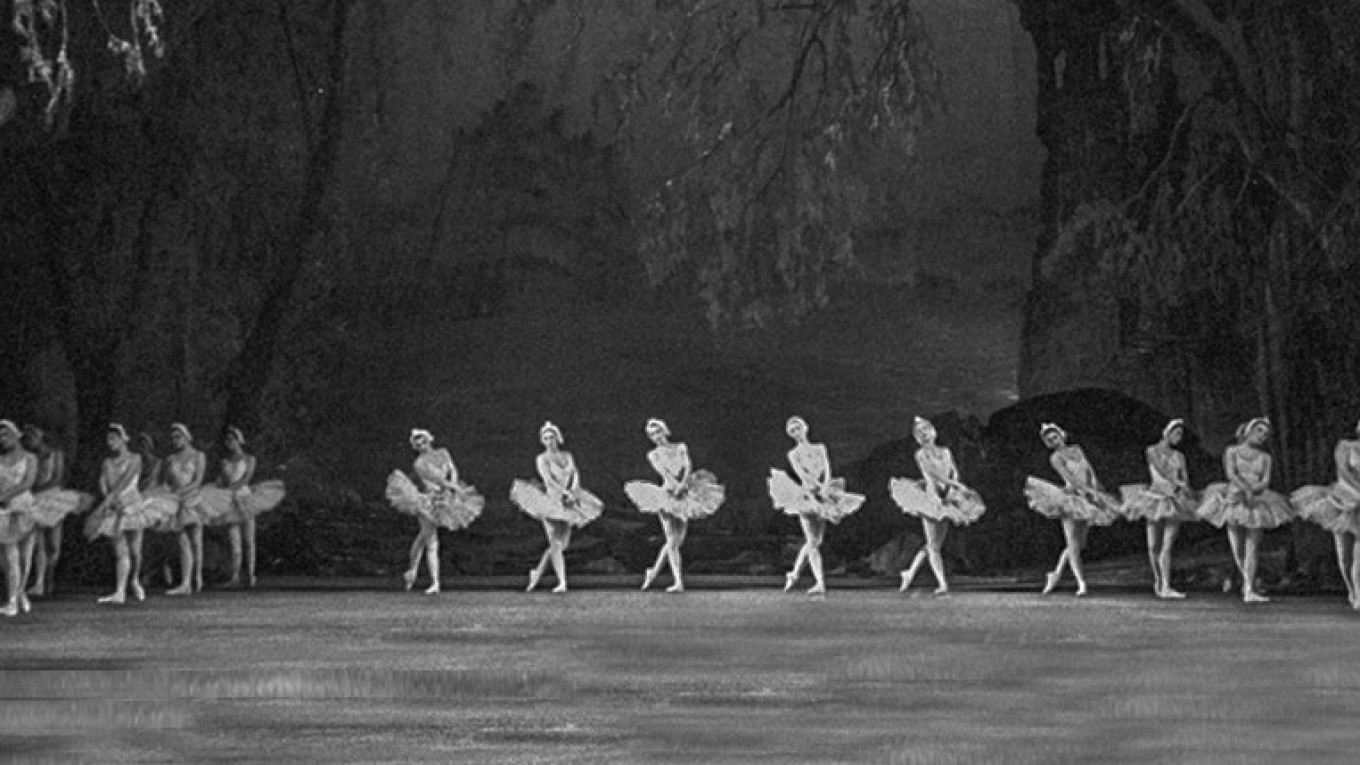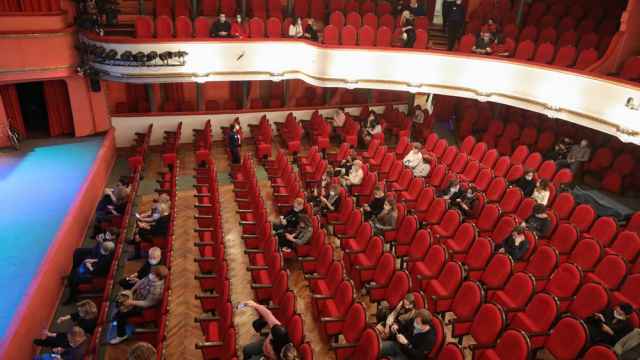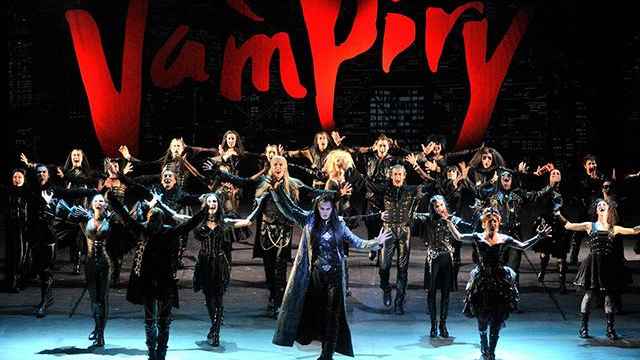On February 20, 1877, the Bolshoi Ballet premiered what would become one of the most famous ballets of all time. Although the sweeping music, tragic narrative, and iconic costumes have all contributed to the lasting popularity of “Swan Lake,” its creators could never have imagined that a story of dancing swans would become a multigenerational symbol of conformity and rebellion in an ever-changing Russia.
“Swan Lake,” a tale of love, betrayal, magic, and swans, was composed by Pyotr Illich Tchaikovsky. The story of a prince who falls in love with an enchanted-swan-maiden seems jaunty enough for the first two acts, but takes a dark turn when the prince is seduced by a wicked imposter, and the two lovers determine that their only path to salvation is to die together.
“Swan Lake” premiered at the Bolshoi Theater in 1877 to poor reviews. The music and choreography were criticized harshly, and the “German-ness” of the story and characters was deemed offensive. Despite the initial distaste, the ballet survived, with its most popular iteration stemming from a 1895 revival by the Mariinsky Ballet.
In the wake of the Russian revolution, it was determined that the ballet’s tragic storyline was at odds with Soviet values. The plot was reduced to a battle between good and evil (represented by black and white swans), and a happy ending replaced the double-suicide of the original story. The ballet’s aesthetic became almost militaristic, with identically-costumed dancers moving in synchronization. This display of unified pageantry was performed for every visiting dignitary. Nikita Kruschev allegedly sat through the ballet so many times that he stated “If I think about having to see “Swan Lake” in the evening, I start to get sick to my stomach. The ballet is marvellous, but how much can a person take?”
As “Swan Lake” was something of a symbol of Soviet power, naturally, it became a symbol of Soviet decay. In 1982, television programs across the Soviet Union were suddenly interrupted and replaced with a full-length broadcast of the ballet. It would later be revealed that general secretary Leonid Brezhnev had died, and the broadcast had been an impromptu stalling tactic while a successor was decided upon. The ballet would be suddenly broadcast again upon the deaths of his successors, Yuri Andropov and Konstantin Chernenko.
In August of 1991, “Swan Lake” appeared on television screens once again, signaling to citizens that something had gone haywire in the Soviet Union. This time, however, it was not the death of a leader but an attempted coup. The broadcast would continue, uninterrupted, for three days, the soundtrack for the event that marked the end of the Soviet Union.
“Swan Lake” has resurfaced in recent years in protests against current Russian president Vladimir Putin. The ballet was staged in Odessa, Ukraine in 2014 as a protest of the annexation of Crimea. Graffiti depicting the ballet’s iconic pas de quatre appeared in Saint Petersburg after the 2018 presidential elections. When Putin inexplicably disappeared for 11 days in 2015, a website was immediately set up to clock the days, hours, and minutes that the president was missing - with the clock superimposed over a video of the pas de quatre from “Swan Lake.”
A short-wave radio station nicknamed “The Buzzer” has played nonstop white noise on the same frequencies since the early 1970s. The station’s proprietor, purpose, and exact location of origin are not known, although it has been triangulated to towns outside of Moscow and Saint Petersburg and is suspected to be operated by the military. Once in a while, sounds can be heard on the frequency - voices, names, miscellaneous words. Only one sound has been readily identifiable: the 2010 snippets of the pas de quatre from “Swan Lake.” What it means is anyone’s guess, but it’s one in a long string of triumphs, defeats, and oddities that can be traced back to Tchaikovsky’s immortal but ever-changing “Swan Lake.”
A Message from The Moscow Times:
Dear readers,
We are facing unprecedented challenges. Russia's Prosecutor General's Office has designated The Moscow Times as an "undesirable" organization, criminalizing our work and putting our staff at risk of prosecution. This follows our earlier unjust labeling as a "foreign agent."
These actions are direct attempts to silence independent journalism in Russia. The authorities claim our work "discredits the decisions of the Russian leadership." We see things differently: we strive to provide accurate, unbiased reporting on Russia.
We, the journalists of The Moscow Times, refuse to be silenced. But to continue our work, we need your help.
Your support, no matter how small, makes a world of difference. If you can, please support us monthly starting from just $2. It's quick to set up, and every contribution makes a significant impact.
By supporting The Moscow Times, you're defending open, independent journalism in the face of repression. Thank you for standing with us.
Remind me later.






